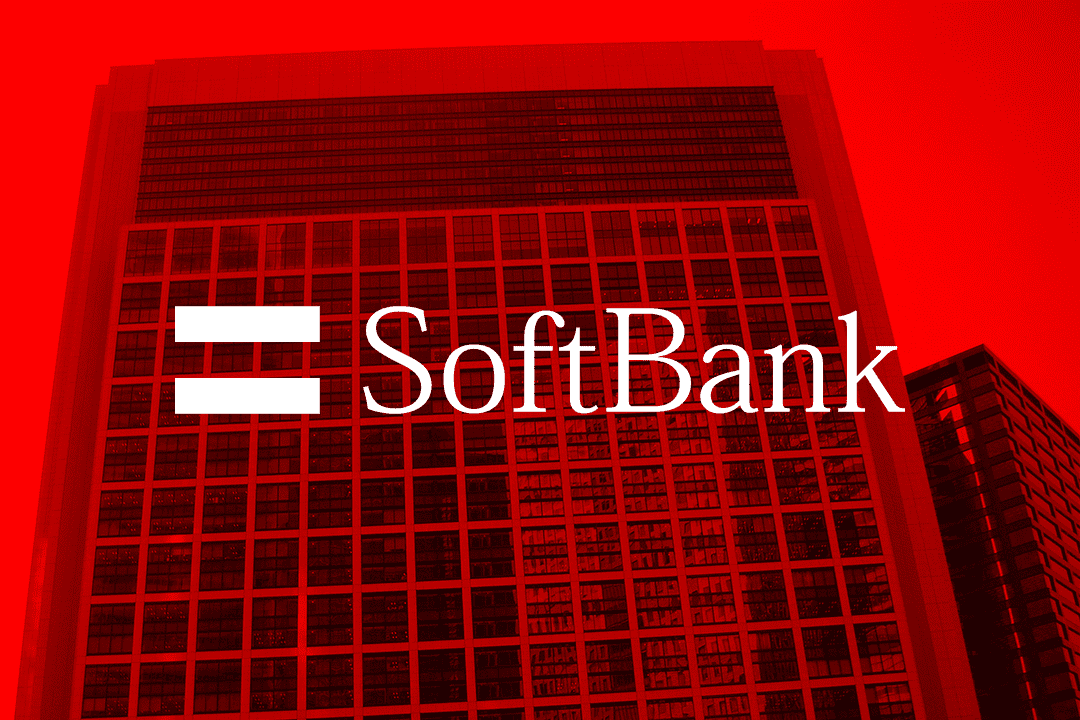
Por Jose Pulido
August 24, 2023
Contxto is a pluralistic media that seeks to contribute to the critical thinking of the Latin American economic and business panorama. SoftBank recently contacted us regarding this article, exercising its right to reply.
Below, we reproduce verbatim the company’s message:
“We are not proactively selling shares of our companies in the region. What happened in the cases mentioned in the article (Avenue, Pismo, Yaydoo and Isaac) were M&A opportunities that brought us excellent rates of return. These M&A operations were opportunistic and made sense. So, we are not “leaving Latam’s investments” as Contxto published. We are in no rush to return and no pressure to do so. We still have 91 companies in our portfolio, our investment in the region is still in the initial cycle (we started in 2019) and the LatAm Funds are for the long term, until at least 2029”.
Given the answer, we can say that the confusion came instead from the title of our last Newsletter, where it could be interpreted that SoftBank plans to stop investing in the region. However, as the article states, emphasis is placed on the profits obtained by the company after the sale and strategic alliances that have been carried out in the region and on its future plans, reinforcing the idea that the technology giant will continue to bet on growth in Latin America.
__________________________________________________
SoftBank Group Corp., the Japanese investment giant, has made the decision to sell off some of its stakes in Latin American startups. Despite a hesitant market environment towards Initial Public Offerings (IPOs), SoftBank has managed to reap significant gains. But what do these divestments mean for SoftBank and the startup ecosystem in Latin America?
One of the most notable sales was that of Pismo, a Brazilian fintech, to Visa Inc. for USD $1 billion. This transaction more than doubled SoftBank’s original investment in just a year and a half. The company also sold its stake in Avenue Holding Cayman to Itaú Unibanco Holding SA and Yaydoo to PayStand Inc., among others.
Due to high-interest rates and a cloudy market environment for startups, SoftBank has preferred to sell its stakes to specific investors. According to Alex Szapiro, SoftBank’s leader in Brazil, these sales do not imply a withdrawal from the Latin American market but rather a recalibration of its investment strategy.
SoftBank has committed USD $7.6 billion in Latin America with a fair estimated value of USD $6 billion. Despite slowing down the pace of new investments, the company still has USD $2 billion earmarked for the region, although it has not yet been decided how they will be utilized.
On the other hand, SoftBank is in a period of restructuring, with plans to cut 20% of its workforce in the Vision Fund operation. However, in Latin America, “nothing has been decided yet,” according to a company spokesperson. Additionally, with the exit of key executives like Misra, the management of Latin American funds remains in the hands of local leaders like Alex Szapiro and Juan Franck.
Despite challenges, such as losses recorded in previous quarters, SoftBank’s leaders in Latin America remain optimistic. The Asian giant continues to see Latin America as fertile ground for startups and has plans to continue deploying capital in the region.
SoftBank’s local presence in key countries like Brazil and Mexico gives it a competitive edge over other global investors. The company has focused on building strong relationships with entrepreneurs and offers more than just capital, including assistance in areas like product development and marketing.
SoftBank’s recent stake sales in Latin America could be interpreted as a cautionary signal and an adaptive strategy in an uncertain market. With billions still on reserve for the region and an optimistic attitude about future opportunities, SoftBank seems far from abandoning the dynamic startup ecosystem in Latin America.
In an increasingly complex global investment landscape, SoftBank continues to adapt, and its strategy in Latin America will undoubtedly be a barometer of the health of the startup ecosystem in the region.

Por Stiven Cartagena
September 15, 2025
December 4, 2024
November 20, 2024